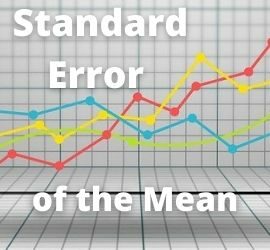Auditable Meaning in Accounting vs Software Applications Auditable Meaning in Accounting and Finance: The ability of an auditor to successfully conduct a comprehensive examination of a client’s financial records, files, & data. A financial audit is an official examination of an individual’s or organization’s financial statements and records. Typically, an […]
Financial Analysis
What Is EBIDA – Earnings Before Interest, Depreciation and Amortization? EBIDA is an after-tax measure of a company’s operating performance. It’s an acronym for Earnings Before Interest, Depreciation & Amortization. EBIDA is a measure of a company’s earnings that adds interest expense, depreciation, and amortization to net income. However, it […]
What Is a Shadow Price? A Shadow Price is an assigned monetary value to an item, commodity, or service where the true value is unknown and can only be estimated. Shadow pricing is commonly used to establish a value for something that is not ordinarily bought and sold in any […]
What Is the Hedge Ratio? The hedge ratio is the hedged position value divided by the total position value. A ratio of 1 or 100% means that the position is fully hedged and a ratio of 0 means it is not hedged at all. The ratio is the comparative value […]
YoY (Year-Over-Year) – What is it? YoY (year-over-year) analysis compares one period to the same period the previous year for metrics like revenue, earnings, growth & inflation. Year-Over-Year (YOY) is frequently used as a financial comparison for two or more measurable values on an annualized basis. YOY analysis allows investors […]
Standard Error of the Mean The standard error of the mean measures how closely a set of sample data represents an actual population using standard deviation. SEM is calculated by taking the standard deviation and dividing it by the square root of the sample size. The standard error gives the […]






